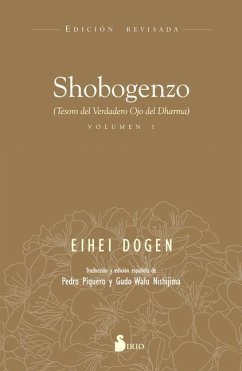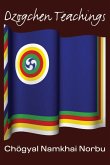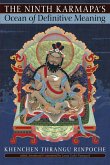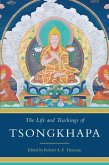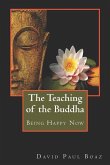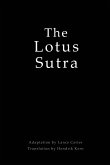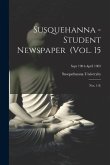The Shobogenzo, written in the XIII century by the Japanese monk Eihei Dogen (1200-1253), is one of the most relevant texts of Buddhism. Contextualized in the tradition of the Soto school of Zen Buddhism, this monumental work of ninety and five chapters edited by Maestro Hangyo Kozen in the Genroku era (1688-1704), aims to bring the reader closer to the true meaning of reality. In this first volume, the twenty first chapters are included, as well as six appendices and a glossary of terms in Sanskrit that enrich and facilitate the reading of this vast and complex work, which will fascinate both the students of Buddhism and those interested in psychology, ecology, Japanese philosophy, history, feminism, philosophy or literature.
Hinweis: Dieser Artikel kann nur an eine deutsche Lieferadresse ausgeliefert werden.
Hinweis: Dieser Artikel kann nur an eine deutsche Lieferadresse ausgeliefert werden.

